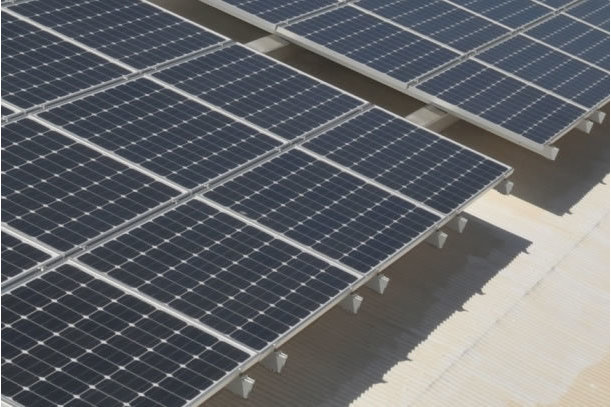Research highlights innovations, opportunities in low-carbon power sector

Summary
A key finding from the Lloyd’s Register survey is that low-carbon generation technologies are cost-competitive.
Lloyd’s Register, a global engineering, technical and business services organisation, has released its 2017 Technology Radar survey showing how innovation is gathering pace across the low-carbon energy sector. The survey highlights several new technological breakthroughs in generation, transmission and distribution, and energy storage.
The Lloyd’s Register Technology Radar – Low Carbon, released on Thursday, assesses low carbon technologies in four areas, namely, renewable technologies, nuclear technologies, transmission and distribution technologies, and energy storage technologies.
Almost 600 respondents, comprising professionals and experts around the world, spoke with Lloyd’s Register on the pace and success of innovation in the low-carbon sector and what they see as the major drivers and blockers. A key finding from the survey is that low-carbon generation technologies are cost-competitive. Clean energy attracted a record $325 billion in investments in 2015 with developing countries attracting a greater share of this capital. 70% of survey respondents said renewables are reaching cost parity with fossil fuels.
The report also shows that nuclear is one of the cheapest options for power generation when lifecycle costs are taken into account. Although public acceptance is a major challenge in some countries, Lloyd’s Register said nuclear is likely to contribute to the energy mix for the foreseeable future.
Respondents were optimistic about the potential of advances in solar cell technology, stating that solar cell technology is likely to have a major impact.
According to the survey, software advances will be instrumental in transmission and distribution. Blockchain could reshape the way we think about the transmission and distribution of power. The technology could play a major role in the way individuals trade energy between one another, Lloyd’s said.
Another key finding was that electrical technologies will transform storage. Particularly, respondents expect supercapacitors, which will rapidly speed up charging times for large batteries, to have the greatest impact on storage.
“We are very encouraged by the findings, which highlight not only a growing optimism across the industry but a vigorous and intelligent debate about the pathways to decarbonisation,” said Alasdair Buchanan, Energy Director at Lloyd’s Register. “Clearly, there are many uncertainties about exactly how the industry will evolve, but what is inarguable is that the conversation is no longer about “should we?” but “how should we do it?””
Lloyd's Register said technology will play a crucial role in the drive towards sustainability, even as the quick adoption of low carbon shows that environmental goals no longer have to be traded off for economic development.
In terms of a major barrier, the report found that implementation of technology in both nuclear and renewables is hindered by deployment, and each sector faces its own distinct challenges. Nevertheless, industry experts agreed that regional and global consensus on regulations could speed up deployment and further reduce costs.
Lloyd’s Register is wholly owned by the Lloyd’s Register Foundation, a UK charity dedicated to research and education in science and engineering. The Technology Radar series is managed by the energy business of Lloyd's Register. This year’s report is the third in the series. Previous surveys have focused on the oil and gas sector.
Related
-
Finnfund invests $20m in fund for clean energy, climate mitigation in Africa
Evolution III closed at $199.4 million in conditional commitments from seven international investors, including several ...
-
ENGIE launches 100 MW solar power project in South Africa
The Kathu Solar Park will provide clean and reliable energy to 179,000 homes in South Africa.
-
Nigeria adopts sustainable energy plan to improve power supply
The Nigerian National Council on Power has adopted the Sustainable Energy for All Action Agenda.










